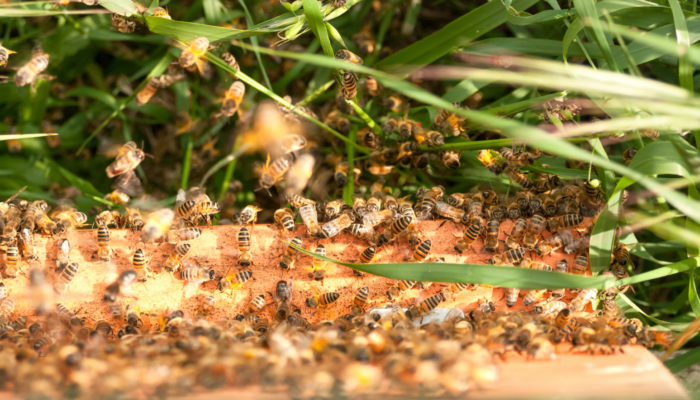
Normally at this time of year we would already have shared with you several ways that you could make your EGU General Assembly experience greener, from travelling by train where possible, to using re-usable cups instead of disposable ones. Taking the General Assembly online in 2020 and again this year in 2021 changed all of that, as usually our ideas were based around the fact that you couldn’t use those environmentally friendly tactics to save energy and water, reduce single-us plastic, and recycle more, that you already do in your own home.
But this year we have decided to think of ways that you could, if you have the capacity, try new things to help you have a GreenEGU in 2021 – from home! Of course here it should go without saying that the most important thing is your health and wellbeing, and that many people are still overburdened with juggling working from home, childcare or other caring responsiblities, as well as the uncountable other challenges of living through a global pandemic. Therefore we want to point out that these ideas are just lighthearted suggestions, to try if you feel able.
With that said, here are our top 5 eco-friendly ways to have a GreenEGU in 2021.
- Up-cycle your single-use plastic bottles. Single use plastics are one of the biggest and often most visible ways that human activity impacts our planet, with micro-plastics ending up everywhere from the tops of mountains to the bottom of the ocean. Many countries recycle plastics, and it is worth trying to find out how to recycle yours (if it isn’t a part of your home region’s standard waste processing). But not all plastic bottles can be recycled – so why not upcycle them instead? A plastic bottle, cleaned,with a couple of sticks poked through it, filled with birdseed and hung outside your window can make a great bird feeder – which not only reuses your unrecycleable plastic, but gives you something to look at besides your screen, to give you a break in between sessions at vEGU21.
- Reuse your pasta water – for your plants! At the beginning of the lockdown here in Germany in 2020, three things disappeared from supermarket shelves. Hand sanitizer, toilet paper and pasta. A great storage cupboard food, pasta is something that many people turn to as a quick meal, but what do you do with the pasta water once you have finished cooking? Give it to your plants! Pasta water is high in minerals and, as long as you haven’t added salt to it – which dehydrates the soil, watering your plants with it will give them an extra boost. What better than enjoying some healthy greenery inside your home, to create a good atmosphere to discuss your research, whilst having regular meals and breaks!
- Save energy by charging your phone on airplane mode – then unplugging it. Now many of us are working from home, our electronics are far more likely to just be left plugged in all the time, to keep batteries topped up. Not only is this bad for your phone, and a fire risk, but it’s bad for the environment too, as charging a phone constantly is a huge drain on your household energy supply. To save energy, charge your phone on airplane mode, so it isn’t trying to use energy whilst also charging, then unplug your charger.
- If you must print things out, use Garamond font. We understand that looking at a screen all day is exhausting and that sometimes you might just want to print out that paper draft to read through and make edits on paper. Whilst you surely have eco settings on your printer to help you reduce the amount of paper you use, there is one you may not have thought of – the font choice! Garamond is considered one of the most economic of the basic fonts, using less ink and less paper, whilst still remaining legible. To find other eco-friendly fonts check this list.
- Consider your energy and internet providers – and maybe switch to ones who are more eco-friendly. This is a bigger suggestion and may be out of your control, but have you ever thought about who provides the energy and internet service for your home or institution? Both energy providers and internet providers are huge sources of carbon, and there are often a range of options that you can choose from, some of whom invest more in sustainable, renewable energy sources and ethical practices. If you cannot change your home supplier, it’s worth asking who supplies your institution’s energy and internet, as an environmental change here could make a huge difference to many people.
Let us know if you try any of these tips on our social media platforms by using the hashtag #GreenEGU and we look forward to seeing you all virtually for vEGU21, between 19 and 30 April!





Faith Chan
I agree with the five solutions and very useful !